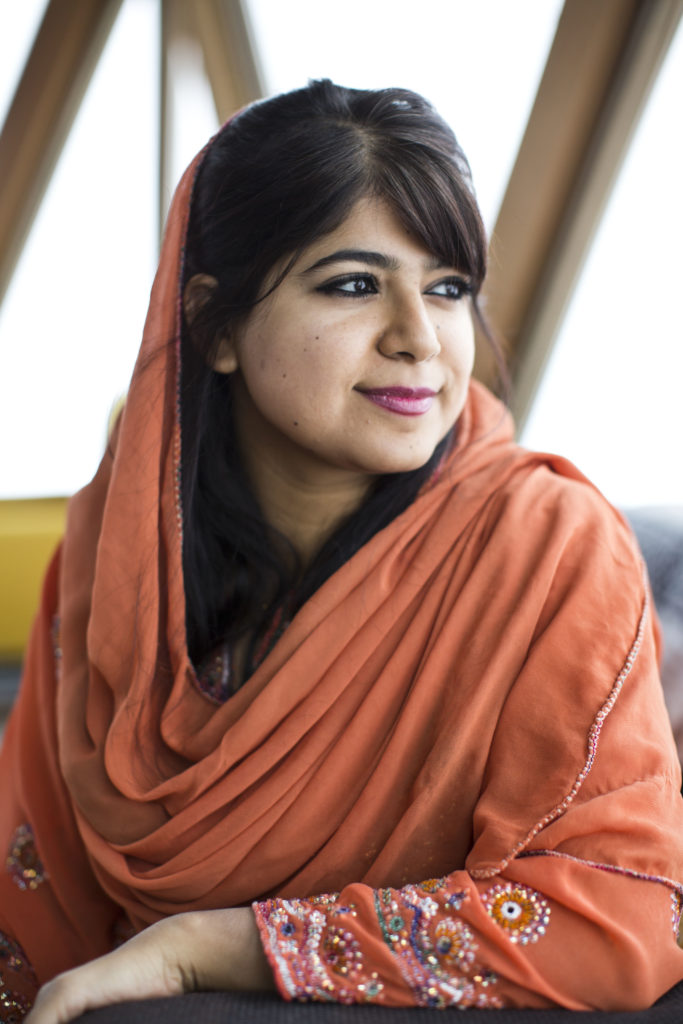
Hello. After a long pause, I am especially honored to share this feature of Khalida Brohi, and her and her husband David’s passion project, The Chai Spot. Khalida is a bit of a superwoman. At the tender age of 16, Khalida started the non-profit organization, Sughar Foundation that works on social and economic empowerment of rural and tribal women in Pakistan, following the tragic killing of her cousin by her family in the name of “honor”.
Since then, Khalida’s work has grown exponentially. Sughar is now a registered foundation in the US, and runs over 20 centers serving 1000+ women . In addition to running a women’s skill development program, it works with tribal men to transform their beliefs and attitude towards women. Khalida is an experienced and inspiring public speaker. She has appeared on TED Talks, and was included in Forbes 30 under 30: Social Entrepreneurs in 2016.
In 2015, Khalida launched a social enterprise The Chai Spot with her husband David. The idea of starting a Pakistani teahouse was spurred by Khalida and her husband David’s experience of how chai brought their two remarkably different families together in Italy. Learn more about Khalida’s story below.
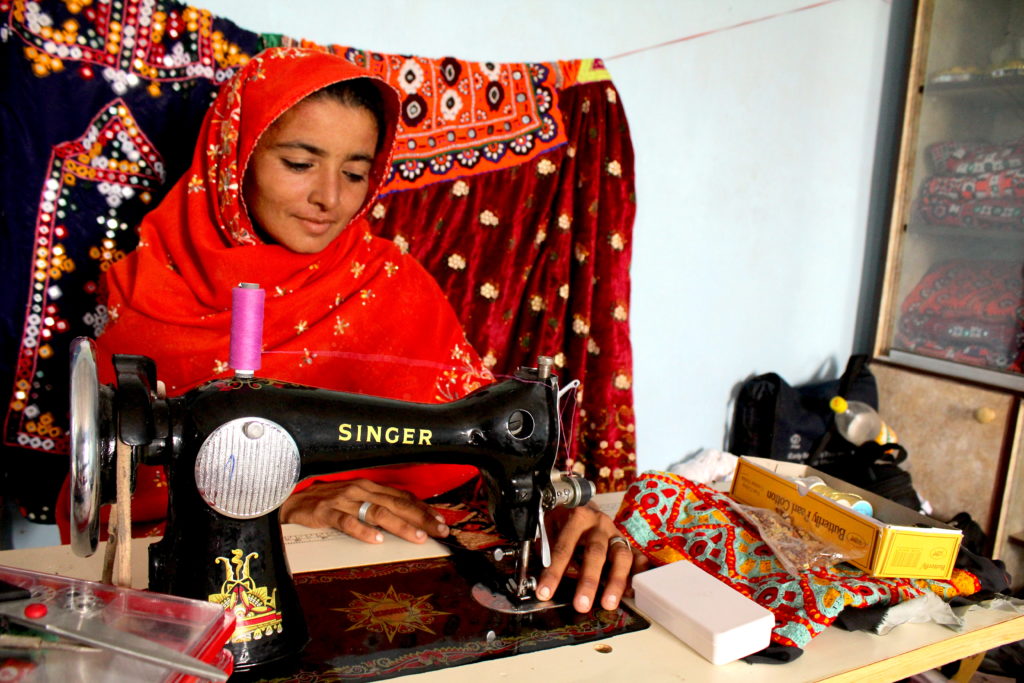
Tell me more about Sughar Foundation, and what made you decide to branch out into the restaurant and beverage business?
It all started with my cousin getting murdered. Coming from Baluchistan I have seen a lot of things happen. Women married at 11, 13; women sold; women exchanged within communities, and outside of communities. And there came a time when as a teenager, I couldn’t find my cousin. Was she married off into a mountain? Did she die because of an illness? A lot of people in our community die early because of various illnesses. We grew up very poor. Sitting in the US, I cannot believe the abundance in the country, and describe the poverty that we grew up in…But if my cousin had died of an illness, why hadn’t anybody told me? Soon, I found out that she was murdered by my uncle because she fell in love with somebody outside of the tribe. And that was it, that started my journey.
Initially, I started as against men, saying men are out there to kill women, men are out there for violence. But within a few years, I learned everything. My work shifted. Great work starts with the biggest failure. I realized I can’t run away from honor, honor is who I am. I grew up in mud homes where we had nothing, but when somebody came, we gave them our food. That was our honor. So when I said, we had to get rid of honor to save women, that was wrong.
Sughar’s whole journey shifted towards redefining honor. Honor is the core of Pakistan. That’s what makes us who we are. If we remove these criminal elements, we are a beautiful nation with so much to offer.
So under Sughar, we go into the tribal communities. We work with the men and women. We educate men about honor for three years. These men then, start believing that honor is not about keeping women indoors and hurting them, but acknowledging their identity and respecting who they are. They were wrong when they focused their honor on just women. Honor is about protecting their own identity. There is so much more they can do to preserve their songs, preserve their heritage, and part of that preservation is their embroidery.
That’s when we tell them that a way to preserve their embroidery is to train the women. That becomes one small tier of it. We bring these women for a six-month course on how to value-add their traditional embroidery. At the same time, when we have them all together away from men, we teach them about their true rights, and how they can stand up for them. We teach them about what Islam says about their rights, the country’s policies, and how to use rules and regulations to protect themselves.
When the project ends, that’s when their products come to the Chai Spot. 50 percent of the profits from the chai and products goes back to the village, helping to slowly shift the whole understanding and mindset of the village.
In such a quick way, it’s difficult to communicate the process of shifting people’s definition of honor. It takes us three years to do it! But the results are remarkable.
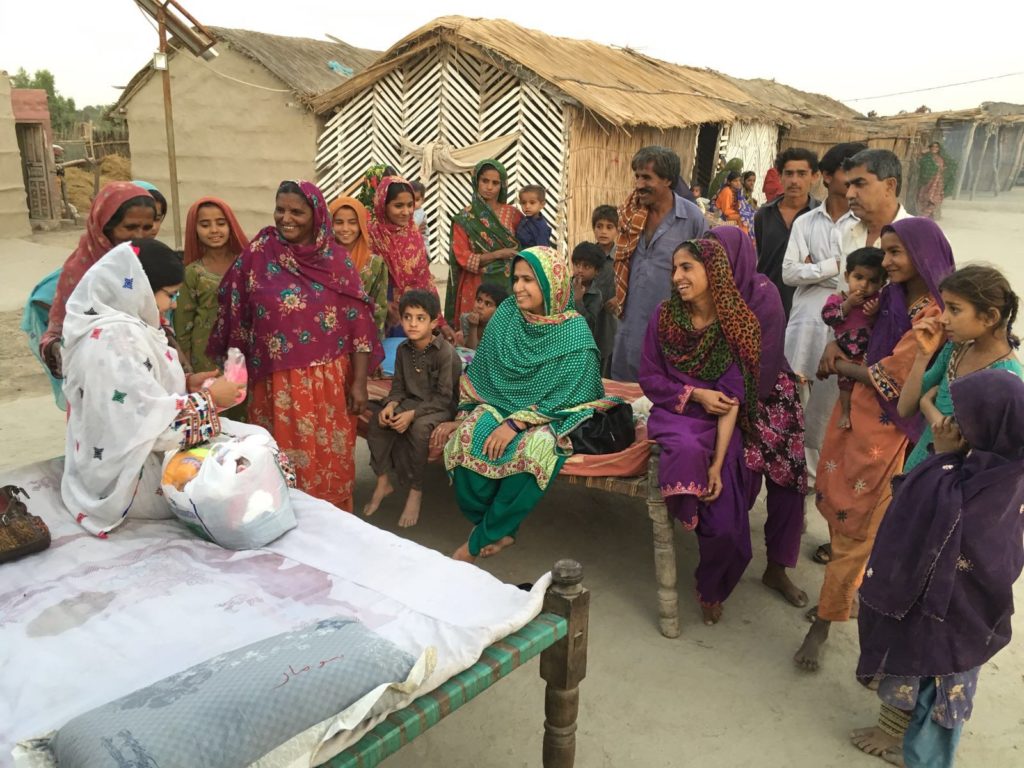
How does this three year program work?
The three years are focused on one village. That’s actually one of the main things about this. When we start working in a village, we dont leave until people’s choices and mindsets have changed. But that’s the crazy part, you can’t easily track that kind of change until you see the results of it. And these kind of results come slowly.
I started this project around 2006. Then by 2012, we learned what’s working. By 2014, with the support of TripAdvisor, we finalized the model in such a way that we now have this whole example: you go into a village, recruit 30 women and their men; train the women at the center for six months, and you work with the men for three years.
In 2014, I came to the US, brought together a board of directors, and launched the non-profit here so we could replicate the model a lot more quickly. Since then, we are registered in California, and have been scaling both up and down.
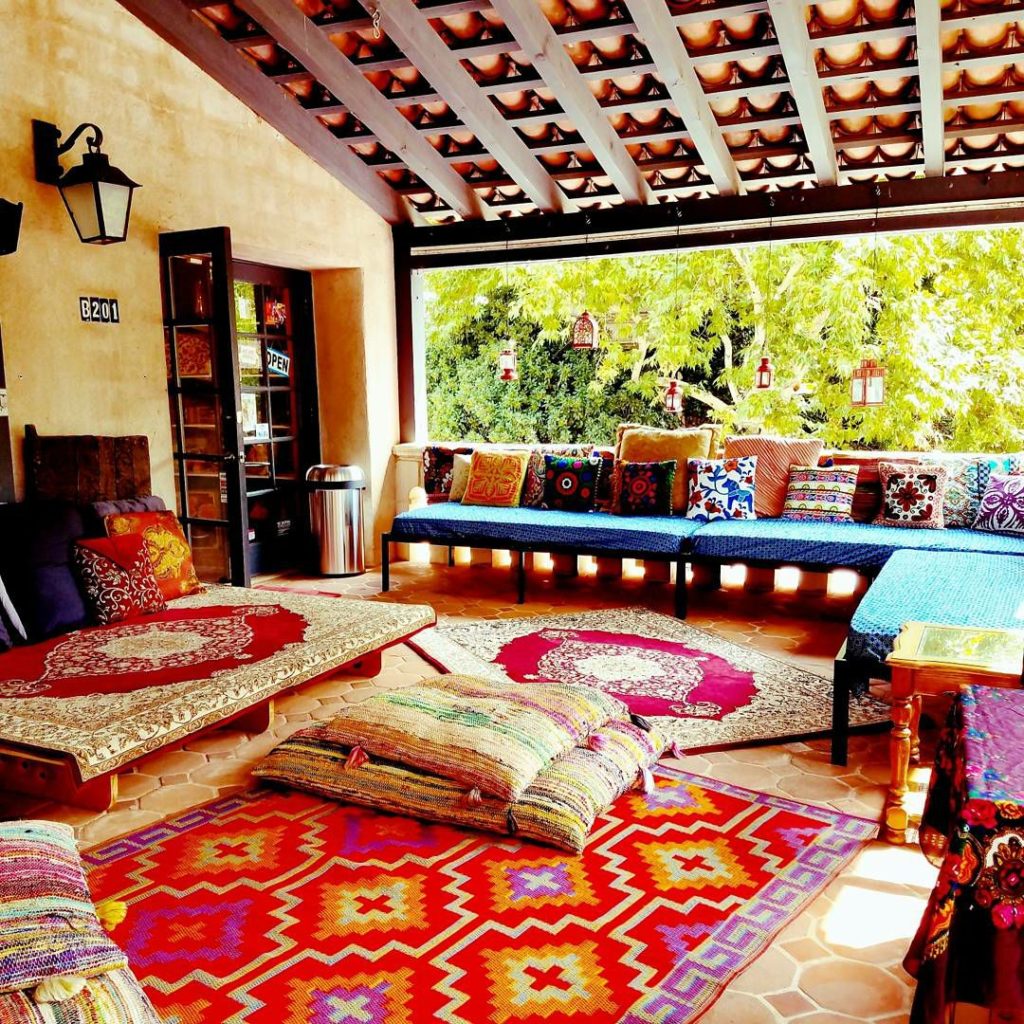
So then, what made you decide to get into the restaurant industry?
In 2013, I fell in love with someone. This is was completely unexpected. Previously, I had sat down, and made a plan for ten years. In 2013, I made it public by going on stage with Bono and Clinton, saying I will reach one million women. Next thing you know, I fell in love. That was not part of the agenda. And where I come from, you can’t just tell your mother and father that you’re in love, that’s not how it works there.
I had to email my father to ease him into it. I must say this was the hardest thing I ever did. I have faced tribal leaders, men have brought guns out on us, brought axes…our office was bombed, but this was the hardest thing…telling my parents that I was in love with a white guy. They were furious.
I had never seen my father cry like this: “Why did I give you this freedom? I regret it. Now none of your sisters are going anywhere…” It became so dramatic, so big, and felt so out of my hands.
David’s family meanwhile were like, “How dare you? You think you are going to go and marry a girl from a tribal area in Baluchistan, where she fighting honor killing, and receiving bomb threats?” His family said no way, and my family said no way.
That’s when we found out that the people we love can suddenly change in front of our eyes. My parents are still so young, and super sweet and kind; and I saw them say really harsh things about people they haven’t even met. People in their fear can turn into their worst selves. Those people who say all these things about Pakistan, “those terrorists!”, they are saying it because of fear. And our people in Pakistan, they are not quiet either. I saw fear on both sides. And that’s when David and I said we will cleanse this fear off our families. And we amazingly did when we tricked them into meeting each other.
In 2014, I was speaking at a conference in Italy, and planned that my parents will come here, David’s family will come here, and they are going to meet. The organizers thought it was a crazy idea but they did everything to help. When David’s mother, and my parents came to Italy, we cancelled their hotel rooms, and put them in the same Airbnb together with the smallest living room. Their eyes were bloodshot, they were so angry. They sat quietly in the Airbnb for three days, not talking to each other. But then, they slowly began to open up. It was the most beautiful thing to witness.
In the living room, my mother would keep making and bringing chai. The tinkling of the cups and the aroma of the chai, that’s what brought our families together, and that’s where Chai Spot was born.
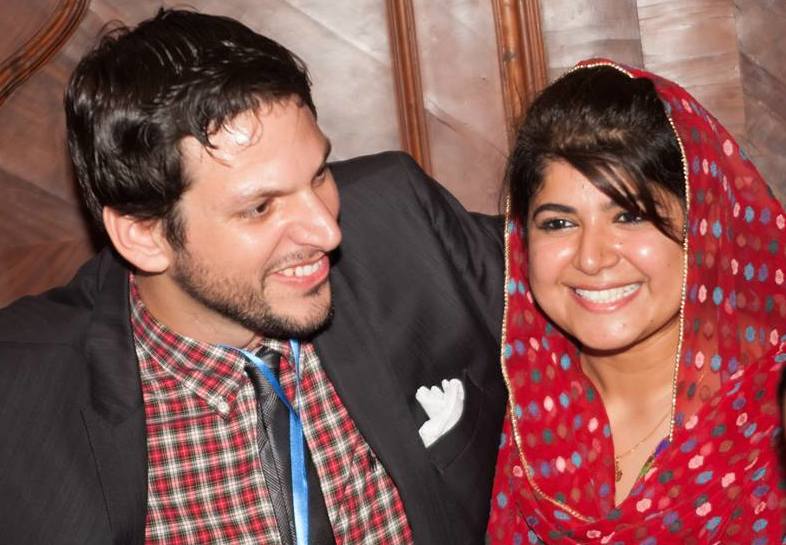
Based on that, what was the concept in your mind? Chai Spot really seems to speak to your heritage.
When David come to Pakistan, he brought a lot of his friends, and I brought a lot of my friends. And when they came, these people, including David said, “this (Pakistan) is a secret. Why has nobody ever told us about it? Everyone’s been keeping Pakistan away from us…We never see so much beauty.” A lot of these people teared up at seeing the hospitality, the dance. The magic is not in the chai but in the hospitality. It’s in the handmade products, the floor seating…So it was bringing all of what we have in Pakistan to the US.
Initially the idea was to just cater it to white people. And so we decided to start it in the hardest place ever: Arizona. We had no money. We had some saved for a wedding celebration but one month before the event, we cancelled it, and decided to use the money to open The Chai Spot in Sedona. And then, we realized it wasn’t just white Americans who found a home there. Desi Americans who have never been able to call a place their home in America found a place there, and that was it. We decided the next location would be in New York because that’s where we can bring immigrant families together. Because Chai Spot in Sedona grew up so much, we were able to use some of that money to open a second location in New York.
In terms of growth and success, I would still call Chai Spot in Sedona and New York start-ups. Even though we broke even in year 1 and 2, we haven’t made enough profit to call ourselves successful businesses, but I can call us a successful startup. With our profits, we have been able to open two schools, donated to communities but we have bigger goals. We want to start hospitals, orphanages, and do so much more.
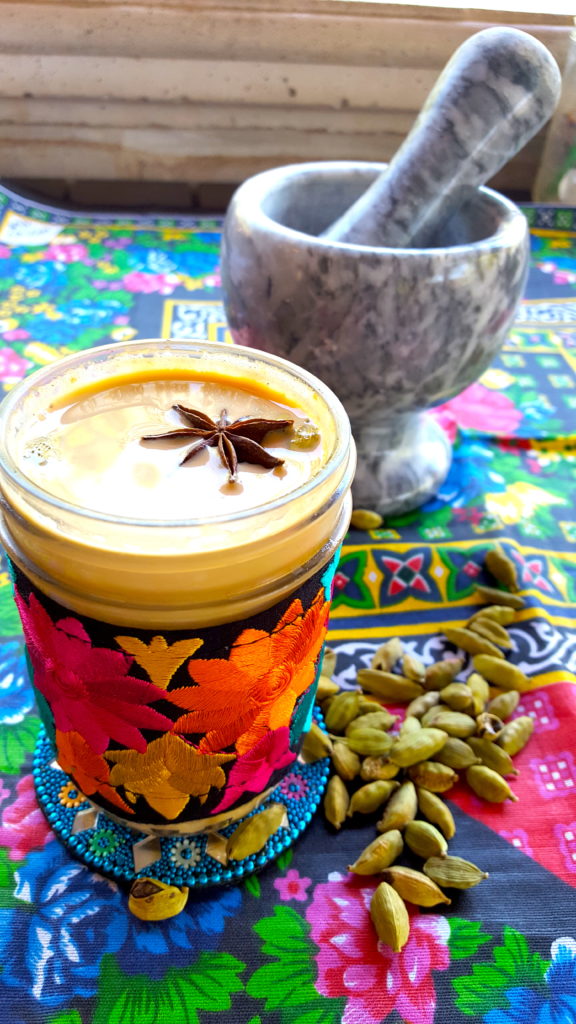
Tell me about the tea that you grew up having.
So I grew up having Sulaimani chai. It’s chai but without milk, mostly because we couldn’t afford milk. It’s such a big part of Baluchistan. Everywhere we would go, it was served. It was served in a small bowl, godu. We would pour the chai from a kettle into the goru, and we would keep refiling it till you turned the goru upside down. That was the indication that you were done. People would keep drinking it till even 24 bowls.
This chai comes from King Sulaiman’s story. When they had nothing in the home, they would just boil water, put a little bit of tea, and everything else they could find in their home: a little bit of cardamom, some black cloves. You would boil it till it becomes a delicious brown, and let it sit in the little kettle. It’s so delicious.
I love how you have continued to expand the menu.
Yes! We recently did this orange blossom and hibiscus tea. They are so incredible. My favorite is the hibiscus tea because it’s like Rooh Afza but tangy. It was my team’s invention. We have come to a place where our team is so active and they are on the frontlines. This was their creation.
David and I are traveling all the time. I’m all over the place, speaking, fundraising; and David is doing day-to-day management so our team is at the front of the store. And this is the result. They brought this chai, and it’s such a big success.
Another thing you’ll notice is that in comparison to the other cafes, we have a very small menu. We had intentionally done that because we want to give people the best chai. Each chai gets tested so much. For example, the doodh patti was tested among elderly women in the South Asian community for a whole year! These chai are foolproof. We have a policy that if you don’t like the chai, you can bring it back, and get another chai for free. People hardly ever bring their chai back.
Another reason is that we want people to have a memory of the chai that we have. That they remember the name of the chai, they know the story about it. For instance, Sulaimani chai is from Baluchistan and it comes from from King Sulaiman’s story; that doodh patti is very South Asian. When people have limited choices, they make good decisions; they feel good about their decision; and remember those decisions.
I can't wait to see what Khalida and David are up to next, and where they decide to take Sughar Foundation and The Chai Spot. If you find yourself in Sedona or Manhattan, make sure to stop by.

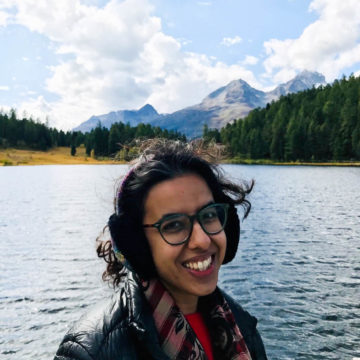
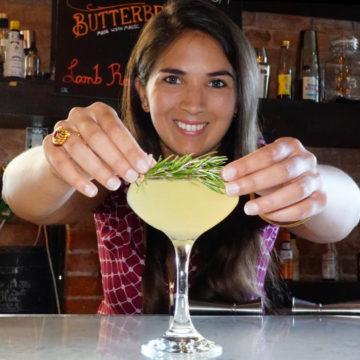
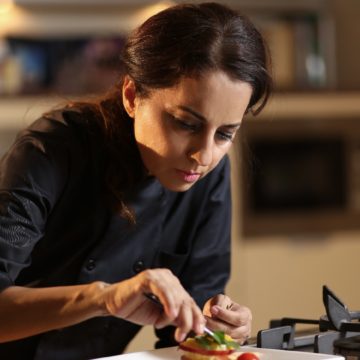
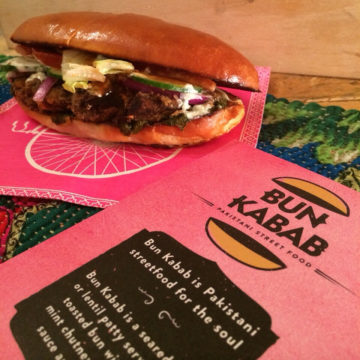
Leave a Reply